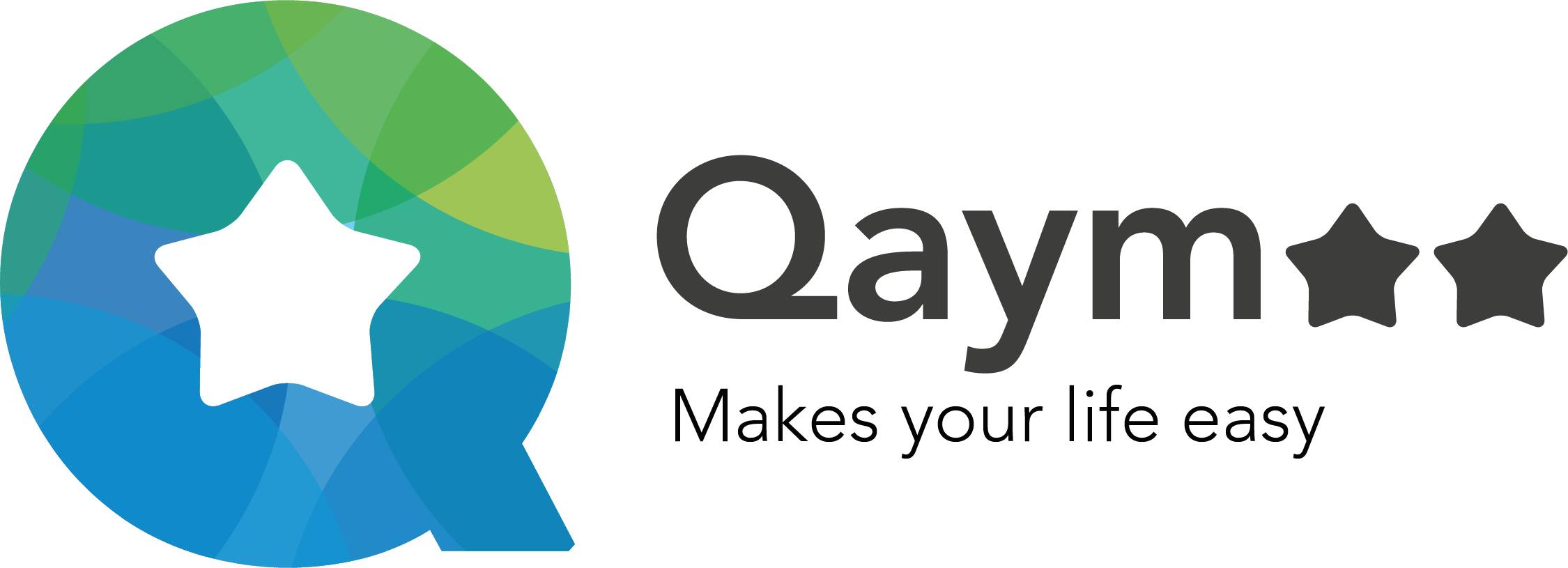Differentiated instruction is an approach to teaching that involves tailoring instruction to meet the individual needs of each student. This is important because every student learns differently and at their own pace. Innovative strategies for differentiated instruction can help teachers to meet the diverse needs of their students, and to provide them with an education that is engaging, challenging, and personalized.
One innovative strategy for differentiated instruction is the use of technology. There are many digital tools available that teachers can use to create interactive and engaging lessons that are tailored to the needs of individual students. For example, teachers can use interactive whiteboards, tablets, and other digital devices to create multimedia presentations, quizzes, and games that are aligned to the needs of individual students. Additionally, teachers can use digital tools to provide students with access to digital textbooks, videos, and other online resources that can be used to supplement their learning.
Another innovative strategy for differentiated instruction is the use of formative assessment. Formative assessment is a process of assessing student learning during the instruction, and using the results to adjust instruction to better meet the needs of individual students. For example, teachers can use formative assessment to identify students who are struggling and provide them with additional support and interventions, such as one-on-one tutoring or small-group instruction.
Another strategy for differentiated instruction is flexible grouping, which involves organizing students into small groups based on their learning needs, rather than their age or grade level. This allows teachers to provide instruction that is tailored to the needs of individual students, and to create a more personalized learning environment.
Project-based learning is another innovative strategy for differentiated instruction that can be used to engage students and provide them with a more personalized learning experience. Project-based learning involves giving students a real-world problem or challenge to solve, which allows them to apply what they have learned to a meaningful context. This can be a great way to differentiate instruction and to provide students with a deeper understanding of the subject matter.
In conclusion, innovative strategies for differentiated instruction can help teachers to meet the diverse needs of their students, and to provide them with an education that is engaging, challenging, and personalized. Whether it is using technology, formative assessment, flexible grouping, or project-based learning, there are many different strategies that teachers can use to differentiate instruction and to provide students with an education that is tailored to their individual needs.









